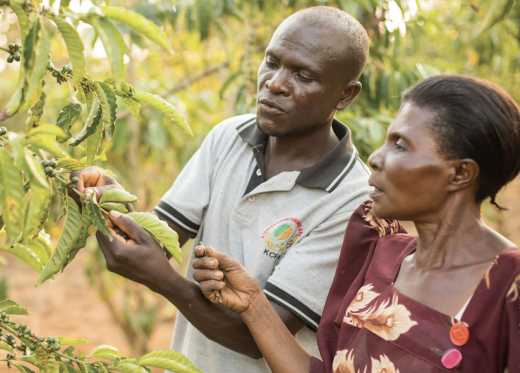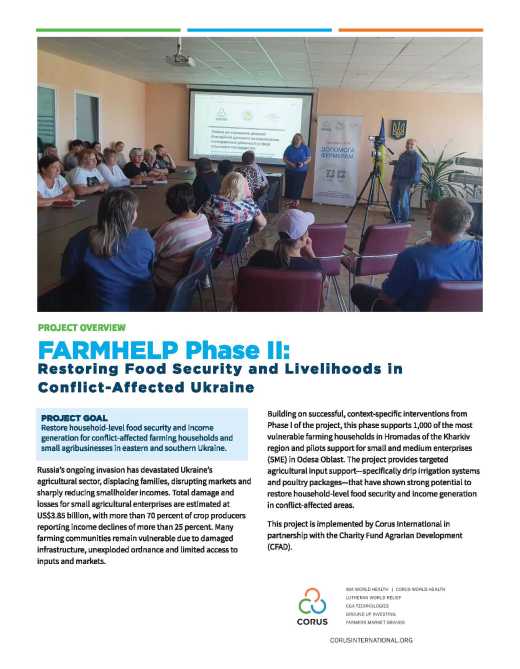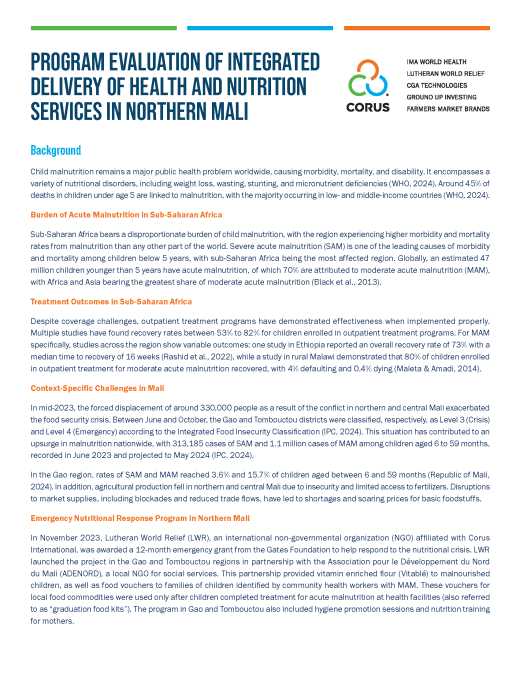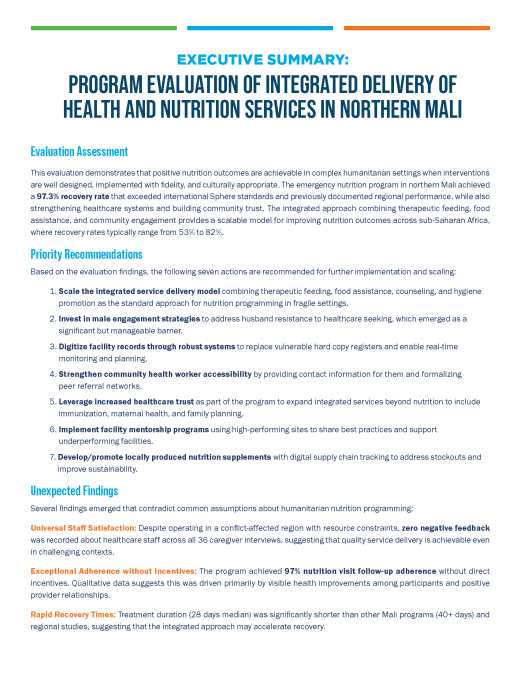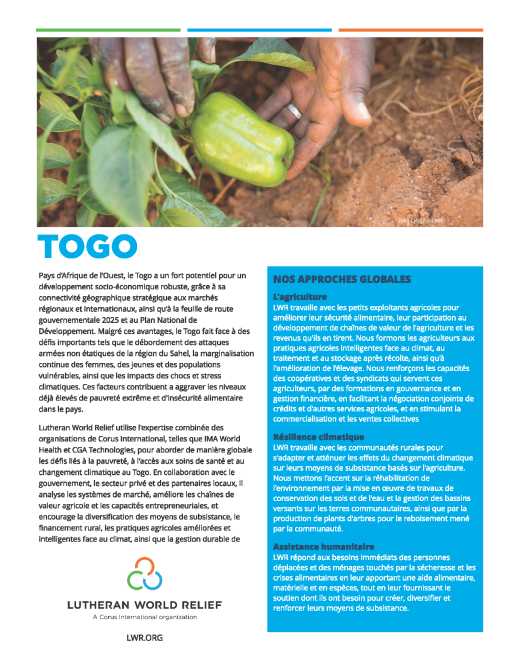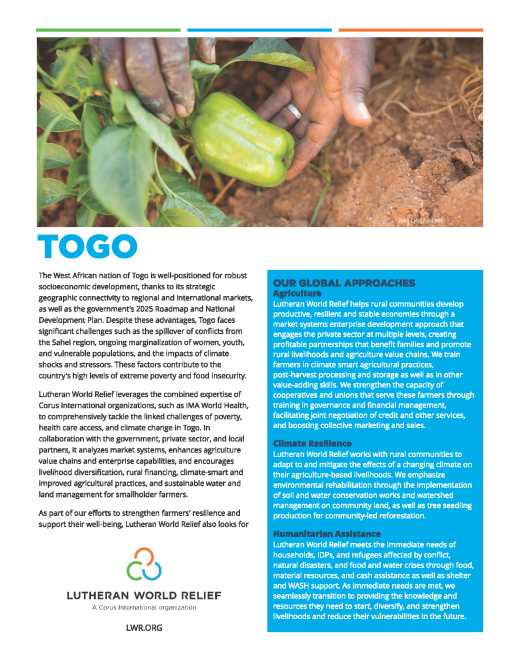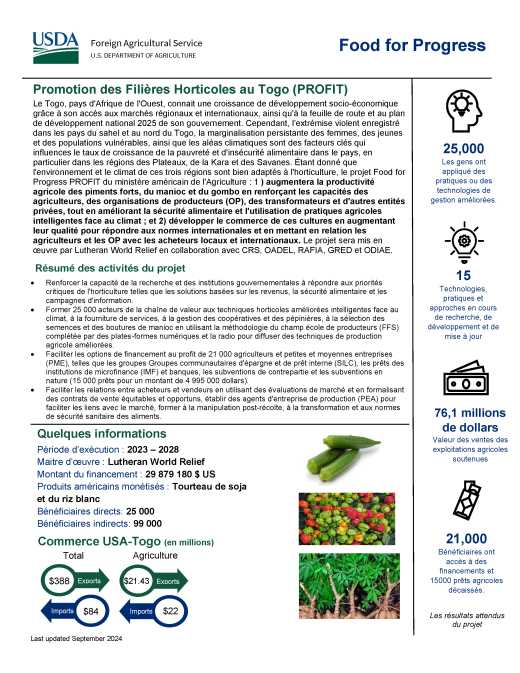Strengthening of Community‐Based Structures for Disaster Preparedness and Mitigation Project II (SOS II)
Project Overviews
Strengthening of Community‐Based Structures for Disaster Preparedness and Mitigation Project II (SOS II)
El Salvador is one of the most disaster-vulnerable countries in the world, with 95 percent of its population residing in areas at risk for floods, earthquakes, volcanic eruptions, hurricanes and landslides. Funded by Margaret A. Cargill Philanthropies (MACP), the SOS II project builds upon the success of Lutheran World Relief’s initial SOS project. It aims to reinforce the coordination of community-based disaster preparedness and response, as well as climate change adaptation and mitigation initiatives, spanning multiple watersheds and landscapes to ensure sustainable impact.
Disaster Risk Reduction
In the initial phase of the SOS project, we directly supported 1,490 individuals and indirectly benefited 26,045 individuals by enhancing disaster preparedness and mitigation efforts. The second phase of the project continues to empower local communities in the establishment of inclusive Community Civil Protection Commissions (CCPCs) that are responsible by law for leading disaster preparedness and response efforts. Lutheran World Relief places a strong emphasis on amplifying the voices of youth and adopts a watershed-focused approach to foster community collaboration and develop representative CCPCs. We provide leadership training and enhance community capacity to engage effectively with municipal and national governments.
Communities are organized into disaster risk reduction (DRR) networks within their respective watersheds. This strategic alignment enables them to coordinate climate risk management strategies and plans, ultimately reducing common disaster risks. In addition to expanding into new communities, SOS II places considerable emphasis on documenting best practices for supporting disaster-ready communities. We are developing toolkits and guides that government stakeholders within the civil protection system can employ. These resources are designed for replication in neighboring communities and across other regions of El Salvador once the project concludes.
SOS II is actively operating in 51 communities across El Salvador, encompassing 10 municipalities within the Usulután department and the Morazán department. Our efforts to establish and fortify community-based disaster preparedness and response structures equip municipal government employees, women, youth, and other community leaders and members with the tools they need to safeguard lives and livelihoods. This, in turn, enhances community resilience, facilitating faster, more cost-effective, and sustainable disaster recovery in the future.
Humanitarian Response
Additionally, an emergency fund was established under the SOS II project to provide flexible financing for humanitarian response aimed at supporting communities affected by natural disasters across Latin American. The fund was critical for target communities in the wake of Hurricane Julia in October 2022 when hundreds of thousands of families in the region were impacted by floods and landslides. Given priority needs across Honduras, Guatemala, El Salvador and Nicaragua, the fund allowed for humanitarian aid to be deployed to these countries in the aftermath of Julia, supporting more than 2,300 families with food aid and livelihood recovery efforts.
Lutheran World Relief in Central America
Lutheran World Relief has worked in Central America since 1972 to promote sustainable livelihoods for rural farmers. In El Salvador, Lutheran World Relief works with local nongovernmental organizations (NGOs), farming cooperatives, international agencies, and foundations to strengthen local capacity that advances rural economies, improves disaster preparedness and supports climate adaptation. By championing co-creation to strengthen market-based agricultural development, Lutheran World Relief addresses the main drivers of malnutrition, poverty and migration through a holistic approach that advances long-term food security and community resilience.
Download Now Oct 05, 2023



